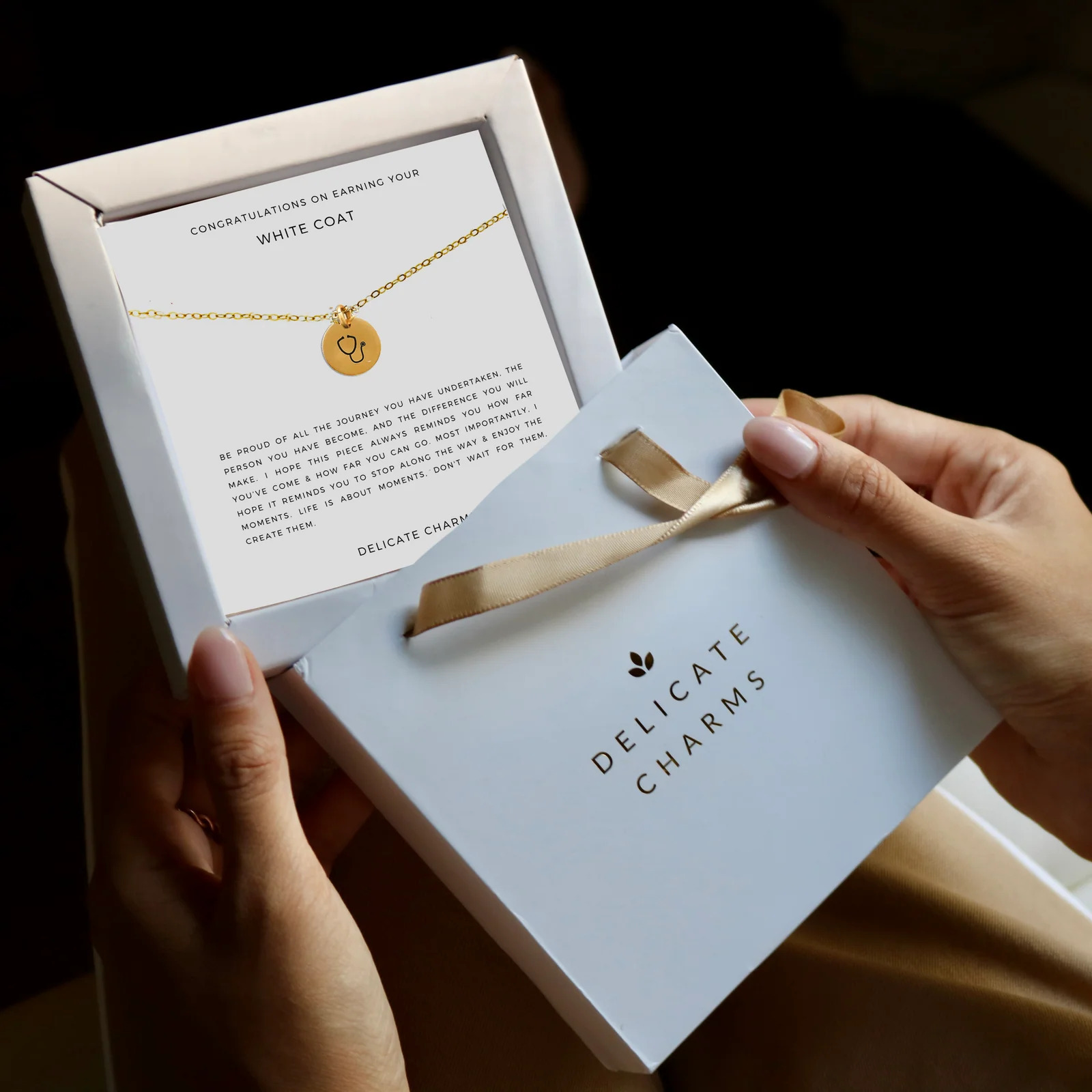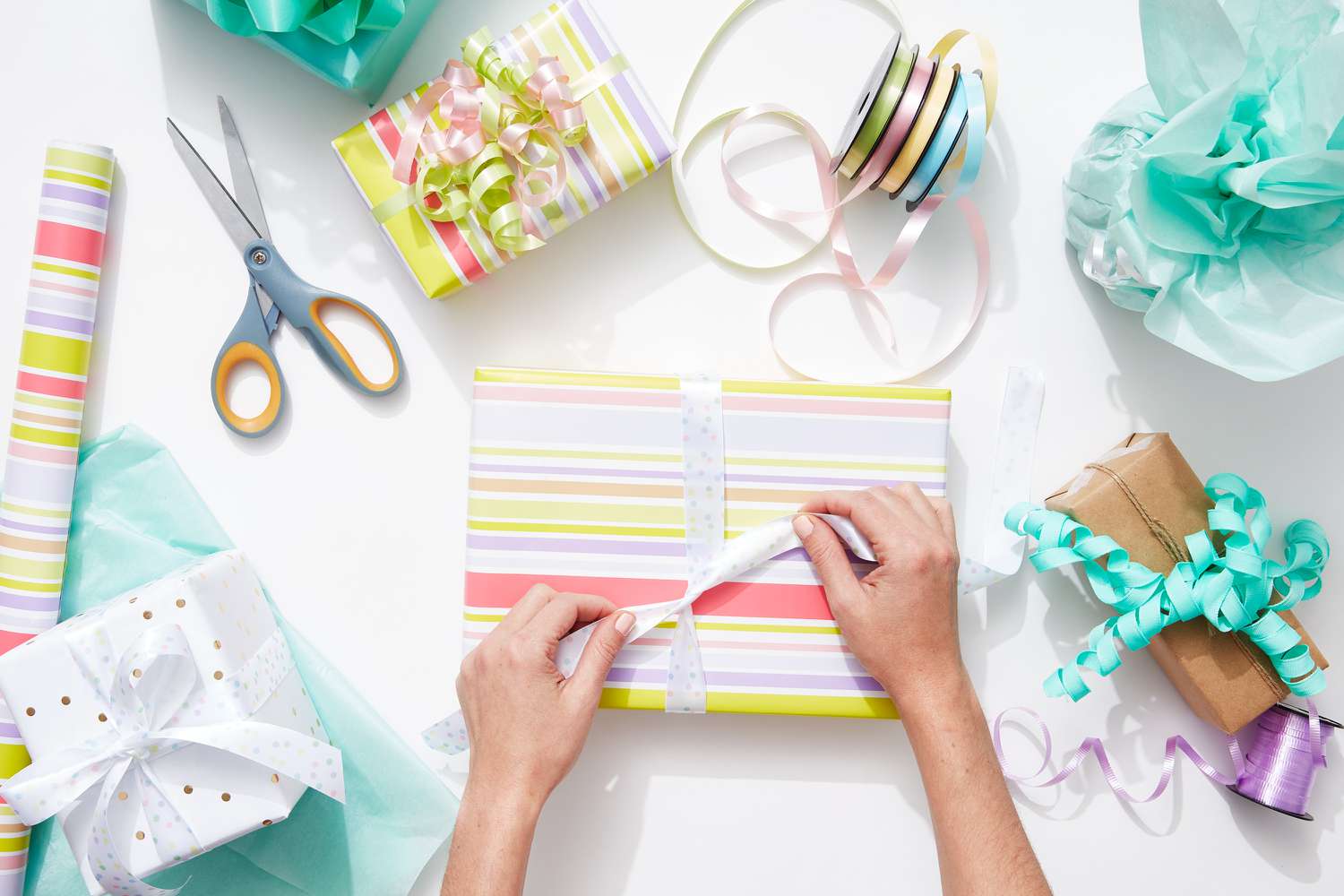HOW TO CHOOSE THE RIGHT CHRISTMAS GIFT: TIPS FROM PSYCHOLOGICAL RESEARCH

Christmas is a time for celebration, relaxation, and gift-giving.
However, choosing gifts can lead to stress and anxiety. The wrong gift can cause more harm than good.
Based on decades of research, here is some advice on how to avoid such pitfalls.
Why give gifts?
According to research into the psychology behind gift-giving, there are two main goals when gifting someone a gift.
First, make the recipient happy. This depends on the gift they are looking for.
The second goal is to strengthen relationships between the giver and the recipient. It is possible to do this by giving thoughtful, memorable gifts that show the receiver that the giver truly cares. This means that you can figure out what someone is looking for without asking directly.
The puzzle is easy to see.
Asking for the gift you want is the best way to get it. This approach is highly desirable. It is not designed to communicate thoughtfulness.
This graphic shows the problem, with me as an example recipient.
Two dimensions to consider when buying someone a gift: thoughtfulness and desirability. Images from https://pixabay.com/
The best gift is both desired by the recipient and thoughtful. For me, this might be a custom t-shirt printed with an in-joke.
The worst gift is not appreciated or thoughtful. This might be a pair of socks for me.
There are also desirable but not thoughtful gifts such as cash and unwishful, but still very thoughtful. This would be officially named an astronomy star in my honor. This is not for me. I love astronomy.
Navigating social risk
It is because gift-buying can cause anxiety. It is possible to take a ” Social Risk”.
A well-received gift can increase the quality of the relationship between the giver and recipient by increasing feelings, bonding, and commitment. Unreceived gifts can cause the opposite.
Research has shown this. In a 1999 study, 129 people were asked to describe the circumstances in which they received a gift. Ten people said that gifts had weakened their relationships. After receiving the present, the two people ended their relationship.
It doesn’t matter as much how thoughtful you are. Gift-givers often underestimate the impact of uninvited gifts.
What does it mean to think?
Research shows that people underestimate their ability to predict what someone will like and what gifts will strengthen a relationship.
A 2011 study asked participants to think back to their weddings or to weddings they were guests at. The gift recipients were asked to rate their appreciation for gifts listed on the gift registry. The guests were asked to rate how well they felt contributions were received.
Gift recipients prefer gifts that are on their gift lists. Gift givers often assumed that unrequested gifts (not on the registry) would be more thoughtful and considerate than they were.
Gift givers often think that gifts of higher value will be appreciated as more thoughtful. Gift recipients appreciate both expensive and cheap gifts similarly. They feel closer to those who offer convenient gifts, such as gift certificates to nearby restaurants, rather than an upscale ones.
The psychology behind the cash
How about just giving cash?
The recipient can purchase whatever they want. Cash is unthoughtful because it doesn’t require effort and puts a dollar value on the relationship.
In Chinese culture, cash is traditionally given in a red envelope to decommodify it symbolically. Think creatively when giving money. You could do it through clever origami or any other method that personalizes it. This will demonstrate a greater level of thoughtfulness.
Gift cards are the closest thing to cash. It takes some effort but it allows for thoughtfulness when choosing which gift card to buy. However, research shows that gift cards are often used as a last option.
The best gift of all
You can wrap a gift for Christmas, but you will need to know what the recipient would like. Instead, choose something practical and personal. A thoughtful card and a flexible gift certificate are safe options if you’re really struggling.
The psychology of gift-giving research reveals that if you want to build a relationship with your recipient, give them an experience.
A 2016 study asked people whether they would like to gift a friend a “material” (or “experiential”) gift (valued at 15). Material gifts were things like clothing. Experiential gifts include things like movie tickets. Experiential gifts were more effective than material gifts in strengthening relationships.
Quality time is the most valuable gift you can give your loved ones. A 2002 study with 117 participants found that more happiness was derived from relationships and religious experiences than events where money or receiving gifts were the main focus.
Have a good time this Christmas by getting a drink and having a chat. You will get to know one another. If you get to know each other well, you can decide what gift you want for Christmas.







